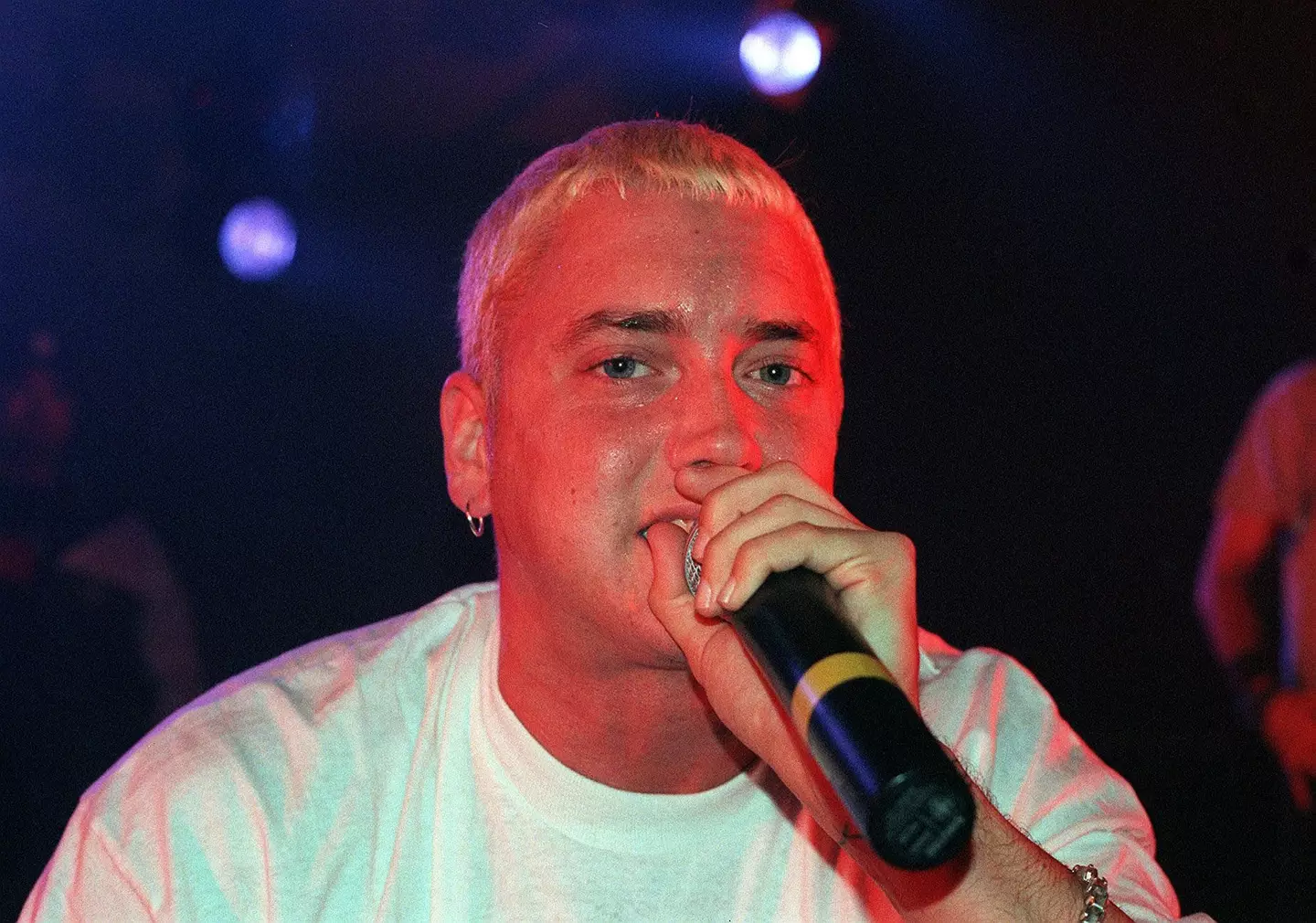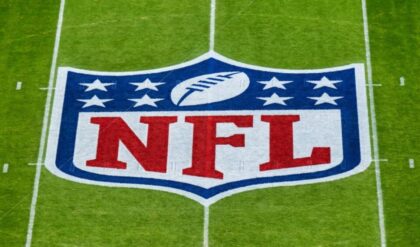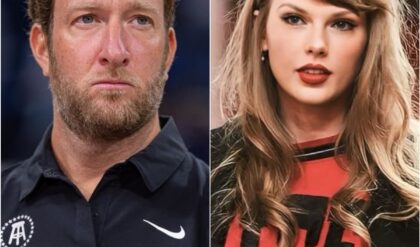The rapper’s song ‘Brain Damage’ was a hyperbolic account of the bullying he suffered at the hands of DeAngelo Bailey
Long before diss-tracks became synonymous with Tiktokers and YouTube stars, they were the primary weapon for rappers to take aim at rivals and critics in the most creative ways imaginable.
Few can claim to have mastered the art form quite like Eminem, who set sights on 50 Cent, Ja Rule, and – much later on – MGK.
However, one of his most brutal roasts would be reserved for his former school bully – who went by the name of DeAngelo Bailey.
Appearing on the legendary Slim Shady LP, the track Brain Damage recounts the bullying he suffered at the hands of Bailey, who was two years older.
.jpg)
Famously, Eminem raps: “I was harassed daily by this fat kid named DeAngelo Bailey,” before detailing the abuse, which includes a sequence where he is beaten up in a bathroom.
In a 1999 interview with Rolling Stone, after the release of the ground-breaking album, Bailey admitted to bullying the young Eminem.
He confessed to Rolling Stone: “There was a bunch of us that used to mess with him. You know, bully-type things. … We flipped him right on his head at recess. When we didn’t see him moving, we took off running. We lied and said he slipped on the ice.”
Tired of the ridicule that came his way after the song dropped, Bailey would eventually file a lawsuit against Eminem, whose real name is Marshall Mathers.
As Hiphophero report, he attempted to sue Mathers for $1million, alleging that he’d been portrayed as a bully, which was an invasion of his privacy..
However, a key error was made by Bailey’s attorney once the trial got underway. He posited that Eminem was in fact the bully, and that his hit song was fuelled by racism.
This conclusion, which was reached without sufficient evidence to back it up, was dismissed by Judge Deborah Servitto in 2003.
In the suit, the plaintiff’s lawyer boldly asserted: “Eminem is a Caucasian male who faced criticism within the music industry that he had not suffered through difficult circumstances growing up and he was, therefore, a ‘pretender’ in the industry.
“Eminem used Bailey, his African-American childhood schoolmate, as a pawn in his effort to stem the tide of criticism.”

According to Judge Servitto, Mathers’ account of what happened between the pair during their High School days was very clearly exaggerated for effect – and as such was not an invasion of Bailey’s privacy.
Bizarrely, the Judge delivered her final verdict to the courtroom in rap form.
Servitto remarked: “Mr Bailey complains that his rap is trash / So he’s seeking compensation in the form of cash. / Bailey thinks he’s entitled to some monetary gain / Because Eminem used his name in vain. / The lyrics are stories no one would take as fact / They’re an exaggeration of a childish act.”





